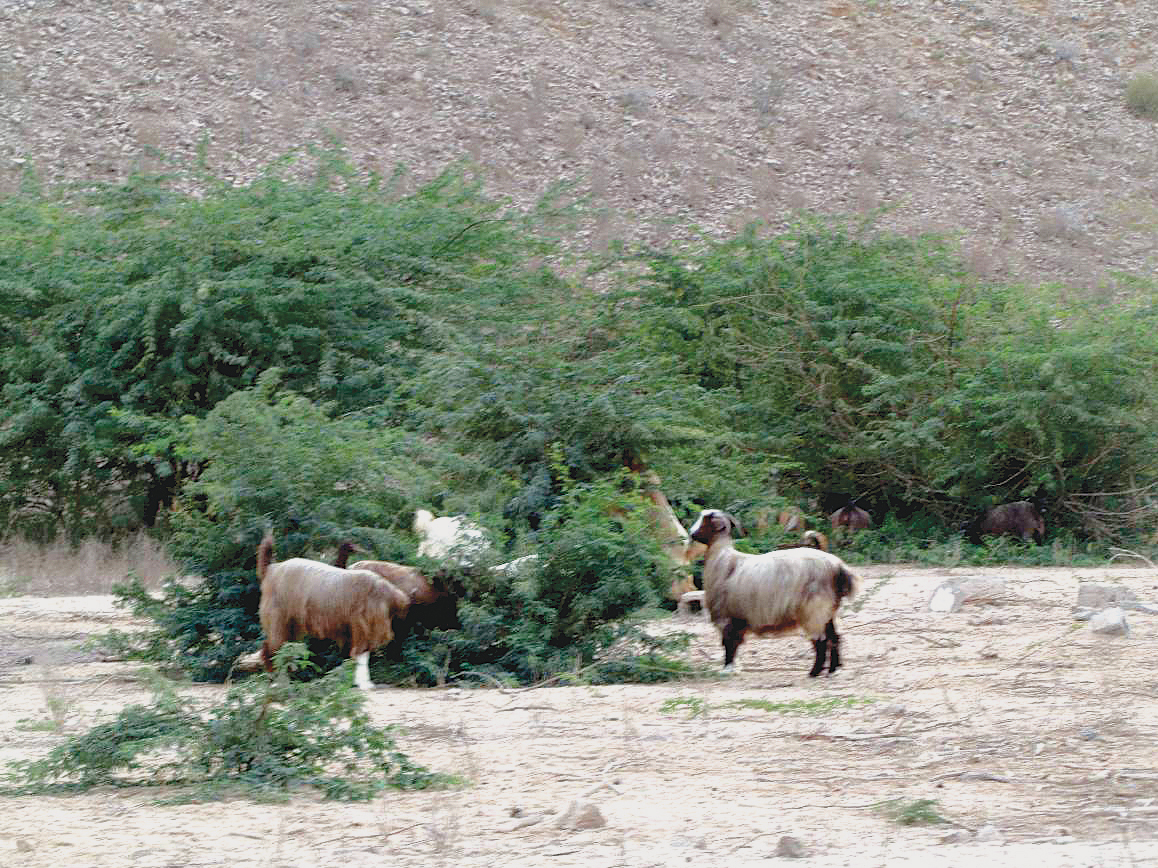

By Zainab Al Nasseri — MUSCAT: Feb. 5 - The Ministry of Agriculture and Fisheries, which is a spearheading the eradication of the ecologically harmful mesquite tree, is urging Omani firms to explore the potential to derive some commercial value from the trunks of uprooted trees. An estimated 20-22 million mesquite trees believed to be growing across the Sultanate are targeted for destruction as part of a national campaign launched by the government last year. But rather than have them disposed of in landfills, the Ministry has invited small businesses and entrepreneurs to suggest practical ways to harness any commercial benefit from this colossal waste.
One option being keenly considered by the Ministry is the conversion of trunks of the mesquite tree into wood charcoal for barbecuing, cooking and other purposes.

Interested parties can approach the Ministry’s Directorate-General of Animal and Plant Research with their proposals in this regard, an official said.
Hamdan al Wahaibi, Agricultural Expert, commented: “Due to the current fiscal challenges,, the government is not keen to incur costs towards chopping down mesquite trees and transporting the huge amounts of waste to the nearest landfill.
Instead, the Ministry is of the view that small and medium Omani businesses (SMEs) can make the most of this opportunity to harness anything commercially value from the waste wood.
SMEs are welcome to invest in this opportunity for free. Interested persons can approach the DG of Animal and Plant Research in Rumais with their ideas.”
Speaking to Observer, Al Wahaibi said the Ministry has prescribed a set of guidelines for the eradication of mesquite trees.
“The waste vegetation resulting from the eradication process is typically burnt in special landfills and the resulting residue is then buried. People who have mesquite trees growing on their farms or residential plots must keep in mind that simply chopping down the weed is not enough. Falling leaves and seeds must also be collected and destroyed, as the seeds are responsible for their proliferation.”
A ministerial decision issued recently prescribes action against those who fail to clear their landholdings of mesquite trees once instructed to do so.
The thorny plant, known by its scientific name Prosopis juliflora, is the subject of a nationwide campaign that will run until mid-2017 in light of the considerable harm it is known to cause the surrounding habitat.
As a weed, it quickly proliferates across the countryside, squeezing the soil out of any moisture and nutrients, and thereby imperils the growth indigenous plant species thriving in the area.
Oman Observer is now on the WhatsApp channel. Click here



